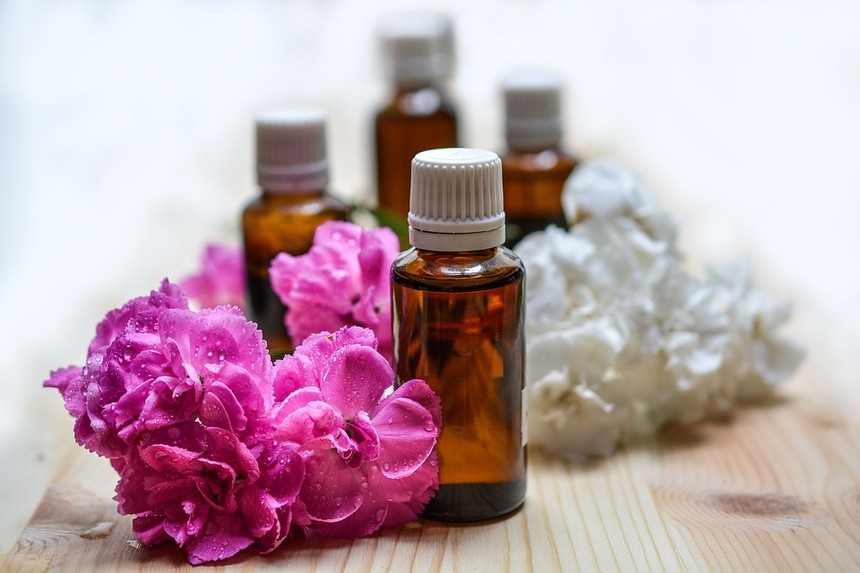


The clever music gradually rises, the soft light is scattered, and the fragrance curls around our sense of smell.
Who would say "no" to such a hotel lobby if it could so subtly touch our senses?
There is a common understanding in hotel business that the first 10 minutes of a stay in a place, good or bad, will leave a definite impression on guests.
So in those 10 minutes, before the core of the service can be delivered to the customer,
How to build a good "brand impression" is the topic that the hotel industry has been studying. And after the traditional visual marketing and sound marketing have been developed,
The sense of smell becomes another sensory experience of the hotel's new "invasion".

Foreign odour experts have always believed that the nose is one of the most sensitive organs of human beings, and it is also a sense organ closely connected with memory and emotion.
The use of smell is the most effective way to achieve a customer perception experience. For hotels, using pleasant aromas to touch the olfactory nerves of customers,
The wind sneaking in this way to promote positive emotional and behavioral responses of customers, this is undoubtedly a clever marketing tool.
Foreign hotels will expand the boundaries of marketing to people's sense of smell, to attract consumer attention, memory, identity form consumption with a specific smell.
This kind of flavor marketing method started in the hotel industry in the 1990s, and entered the period of rapid development around 2005.
Many foreign hotel management groups or personalized hotels have in people's sense of smell to make a big deal.
The transformation of brand marketing has also spread to the major international brand hotels -- Sheraton, Shangri-La, Marriott, InterContinental Hotel and so on.
However, no matter what kind of marketing mode, they will lead to the same destination. Their ultimate goal is to improve customers' awareness of the brand and finally achieve consumption.
Fragrance marketing is no exception. Hotel lobby fragrance in the first few years as a marketing tool after the stage,
The hotel has been thinking more deeply about the use of fragrance, and has begun to base on its own brand and unique customer positioning,
The design is consistent with the "fragrance label" to introduce the brand into the hotel's exclusive fragrance, so that customers "smell and recognize".
Our sense of smell is also far more acute and persistent than previously thought. There have been experiments that have shown that people's visual memory for photos after three months,
The accuracy dropped to 50 percent but the accuracy of the taste memory remained 64 percent even after a year.
Through olfactory recognition of the aromas in the hotel lobby, customers can recall the pleasant experience of staying in the hotel,
And the recognition of the specific fragrance into the hotel brand dependence, this olfactor-based marketing model in the hotel industry abroad has become a business consensus.
Nowadays, homogenization has become the quagmire that the hotel industry cannot get rid of, and the market competition of the hotel industry seems to become a territory with few cracks to invade.
This is especially true of high-end brand hotels, where competition in terms of service quality, use of goods, food and comfort of mattresses is close to the extreme.
Therefore, the olfactory feeling of pushing through the door was used as an important detail to mark the brand differentiation, and was escorted to the reception desk by the hotel.
Address:Zhongtai Science Park, 4025 Nanhuan Road, Binjiang Hi-tech Zone, Hangzhou City
Tel:400-0571-290
E-mail:weihua_river@163.com
Web:en.banmuda.cn